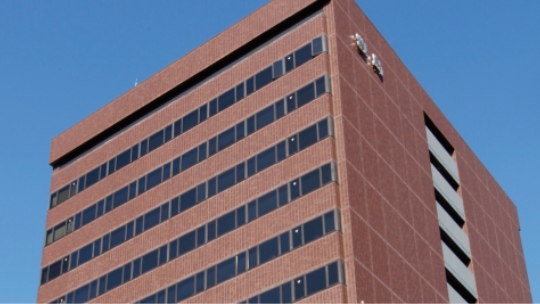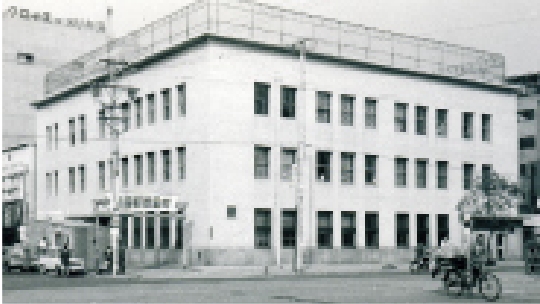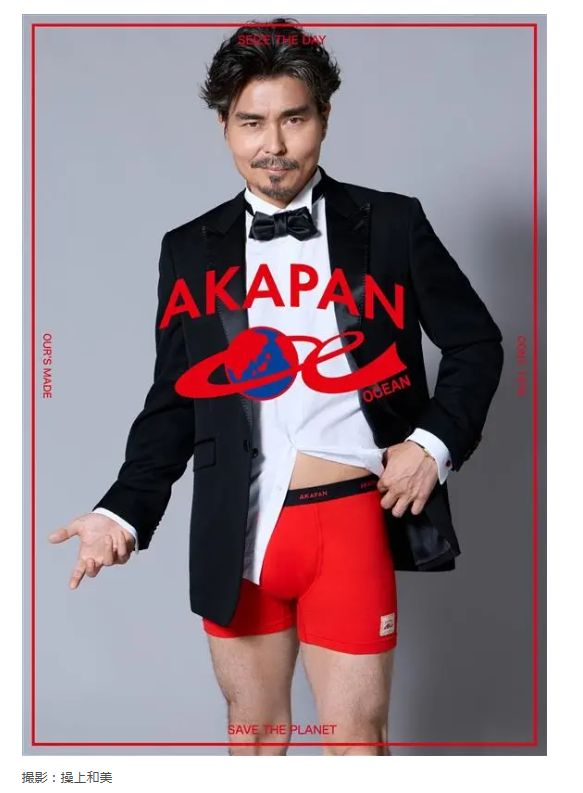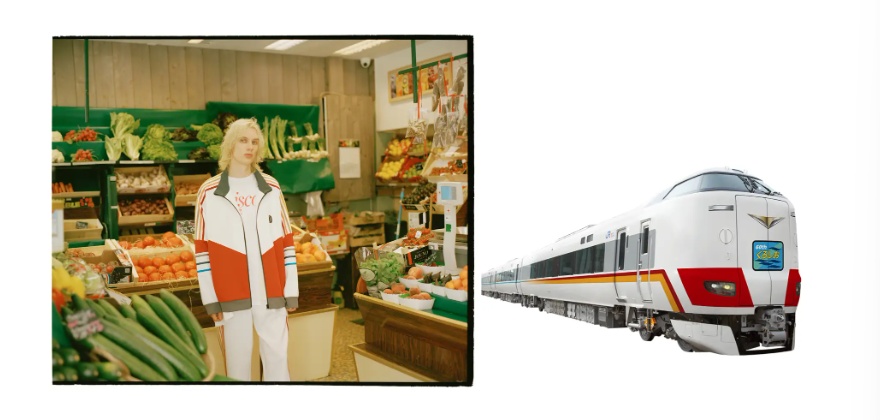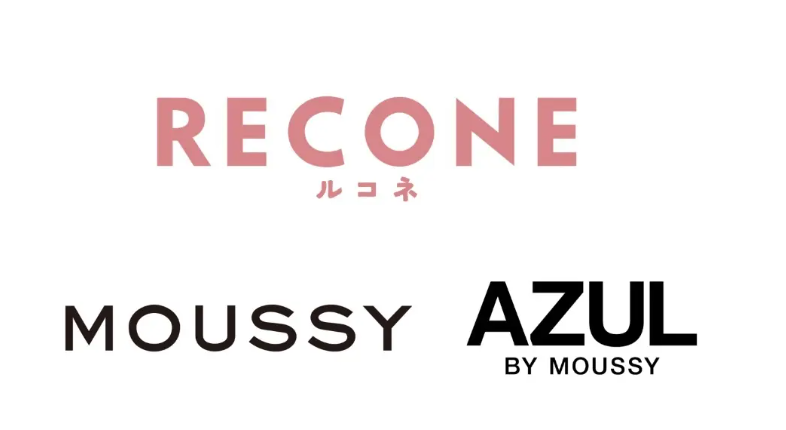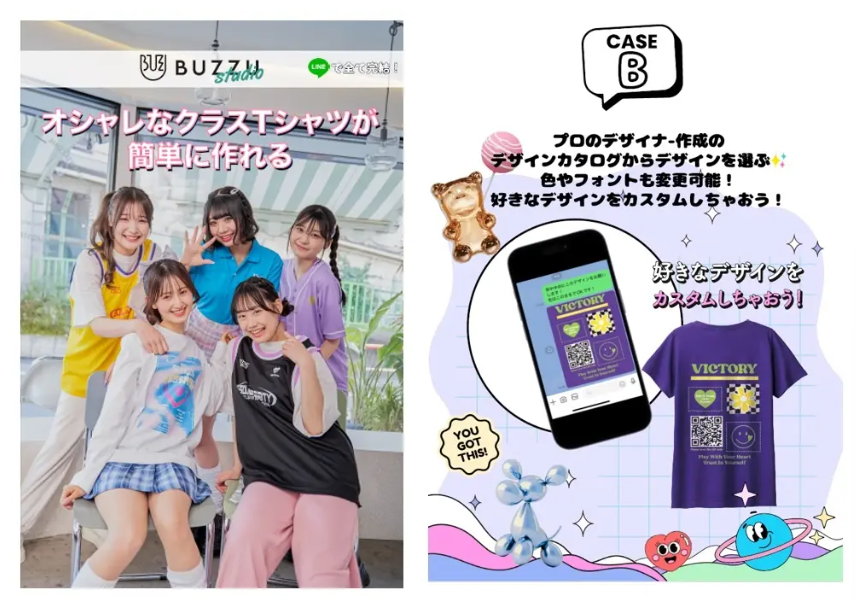Toyoshima & Co., Ltd. began with Tencel about 30 years ago, and handles environmentally friendly materials such as organic cotton. We have been working to promote sustainability in the fashion industry. FOOD TEXTILE is Toyoshima & Co., Ltd. It is a project consisting of three companies: a food company that provides colored raw materials, and a collaborative company that develops products with its dough. We purchase non-standard ingredients, cut vegetable scraps, and coffee dumplings that have been discarded in the past from food-related companies and farms, extract the ingredients contained in the food, and dye them into dyes. This time, we reused five types of ingredients that were scheduled to be discarded and dyed "Hanafukin", a long-selling product of Nakagawa Masanachi Shoten.
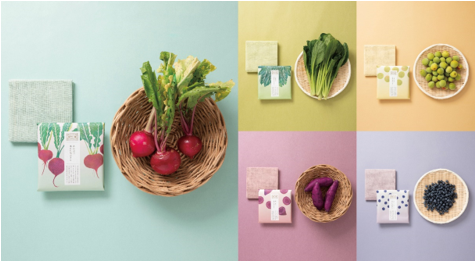
■ "Flower towel" dyed with 5 kinds of vegetables and fruits
Hana Dish Towel is a beautiful and functional dish towel that reproduces Nara's craft "Kayaori", whose demand has decreased with the times. The designer of Nakagawa Masashichi Shoten said, "Since it comes in contact with food, I want to dye it with the same food." The purple sweet potatoes, apricots, and blueberry residue used to dye the flower towels are from Yamamoto Sataro Shoten and Horiuchi Fruit Garden, which are also sold at Nakagawa Masashichi Shoten. The red turnip is from Kiso Town. Food does not have only one color, but by drawing out a wide range of pigments in the material, it is possible to create vivid and deep colors. Therefore, you can enjoy the unexpected color expression, for example, you can make a beautiful blue dish towel even though it is "red turnip". It is a product that can be used for a long time because it is less likely to fade than vegetable dyes.
■ Product overview
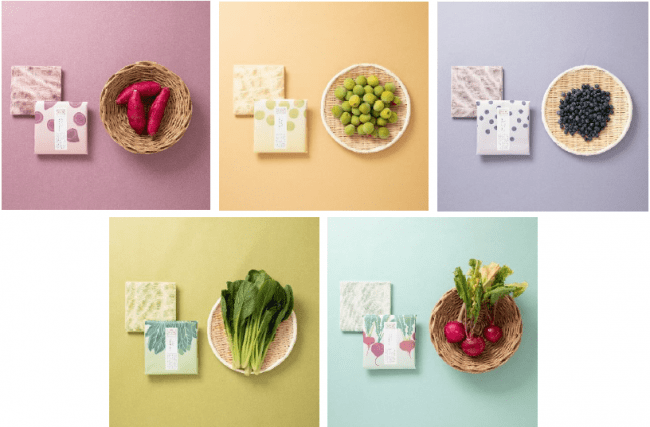
Line up:
Flower dish towels dyed with purple sweet potatoes (Murasaki sweet potato: Sataro Shoten), flower dish towels dyed with Japanese apricot fruit (Japanese apricot: Horiuchi fruit garden), flower dish towels dyed with blueberries (Blueberry: Horiuchi fruit garden)
Flower towels dyed with Japanese mustard spinach (Komatsuna: Hirano Farm), flower towels dyed with red turnips (red turnip: Kiso Town, Nagano Prefecture)
Release date:
Released sequentially from June 29 (Monday)
Directly managed by Nakagawa Masashichi Shoten
Nakagawa Masashichi Shoten Online Shop (https://nakagawa-masashichi.jp/)
FOOD TEXTILE Official Online Shop (https://foodtextile.shop/)
price:
¥1,000 each (excluding tax)
■ "Nakagawa Masashichi Shoten"
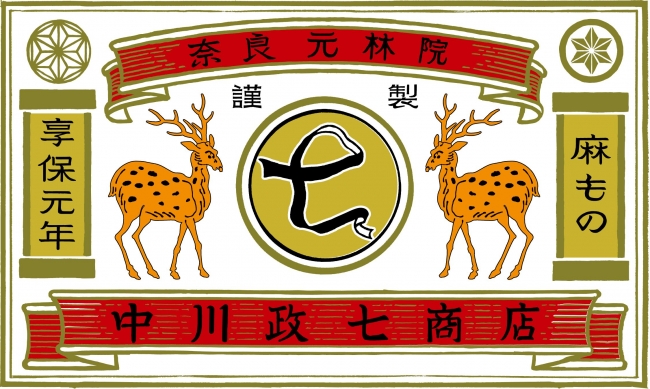
■ "FOOD TEXTILE "

■Toyoshima & Co., Ltd.

